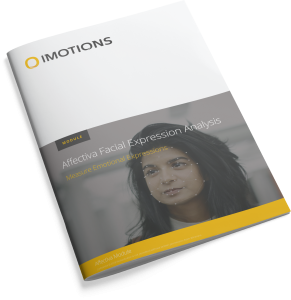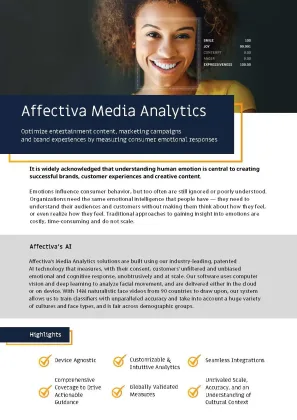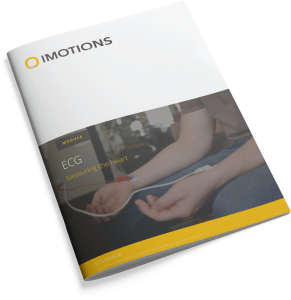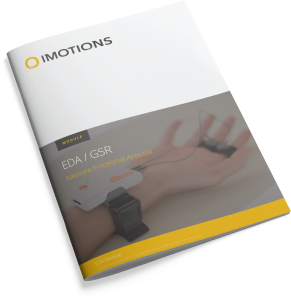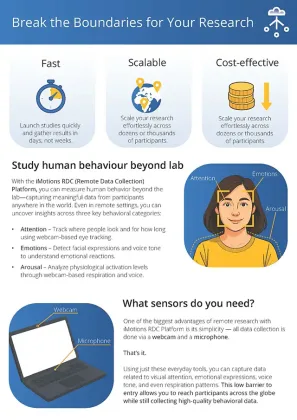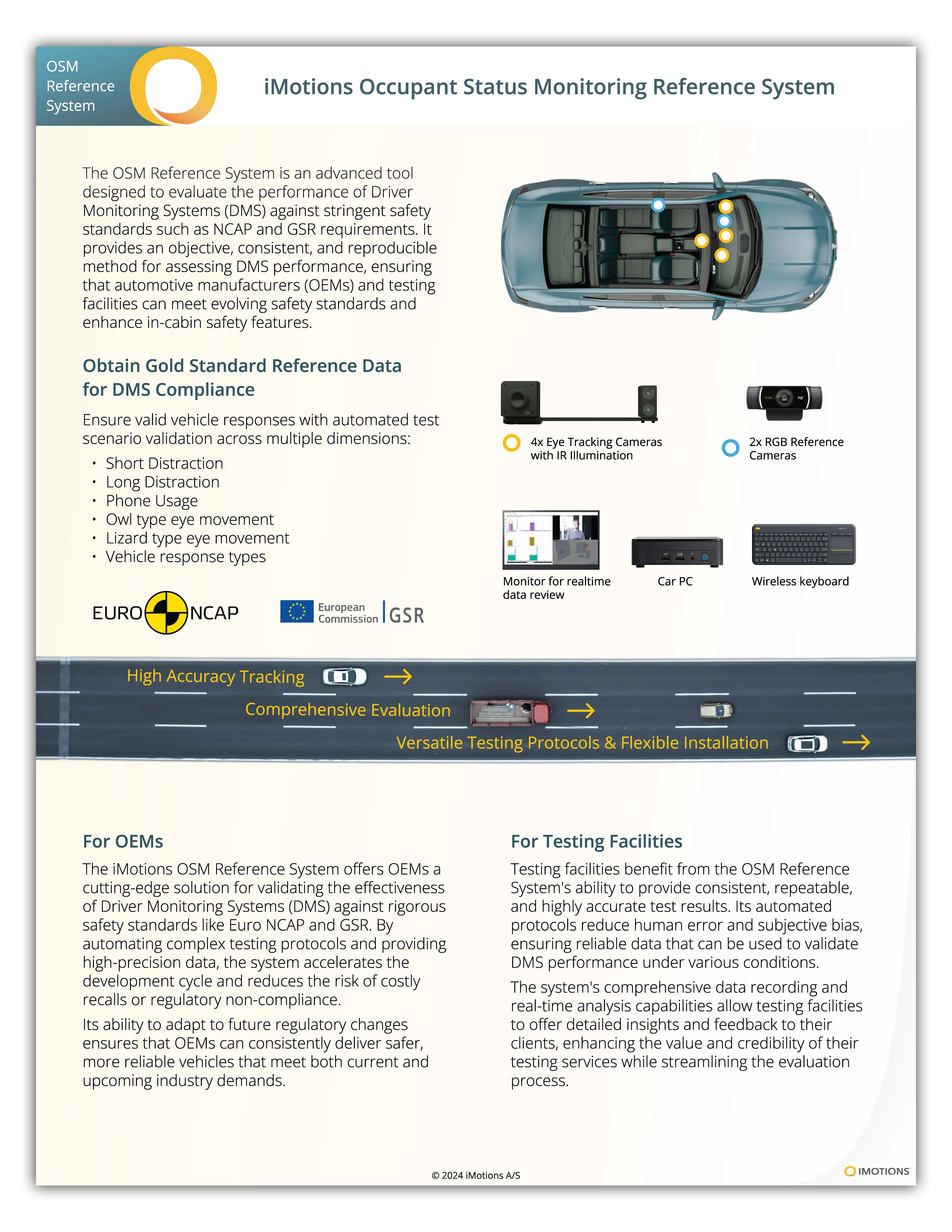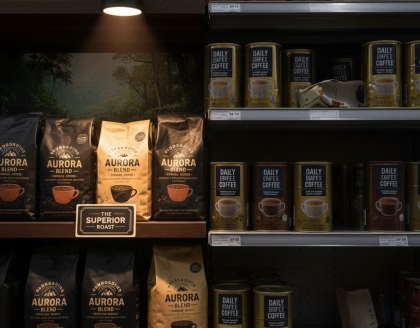Abstract: Our previous research found that a combination of sensory attribute intensity and emotional responses helps in achieving better understanding of consumer acceptance and preference for basic taste solutions. By applying this finding to beverage samples, this study aimed to develop an optimum model of predicting either overall liking or preference of vegetable juice products based on sensory attribute intensities and emotional responses. One hundred participants (50 females) were asked to look at, smell, and taste five vegetable juice samples. Their emotional responses to each sample were measured through a combination of self-reported emotions, facial expressions, and autonomic nervous system (ANS) responses. Their overall liking and perceived intensities of sensory attributes were also measured. After a break, participants re-tasted all samples and ranked them according to preference. The results showed that emotional responses measured using a self-reported emotion questionnaire and facial expression analysis, along with perceived sensory intensities, performed best in predicting overall liking, while ANS measures made only limited contribution. However, the amount of overall variation attributed to these independent predictors was low in terms of preference rank. Finally, a majority of independent predictors showed neither differences between test and retest sessions nor interactions between session and test product over a period of two weeks. In conclusion, our findings extend the previous notion that a combination of sensory intensities and emotional responses can better predict consumer acceptance of commercially-available vegetable juice products.



